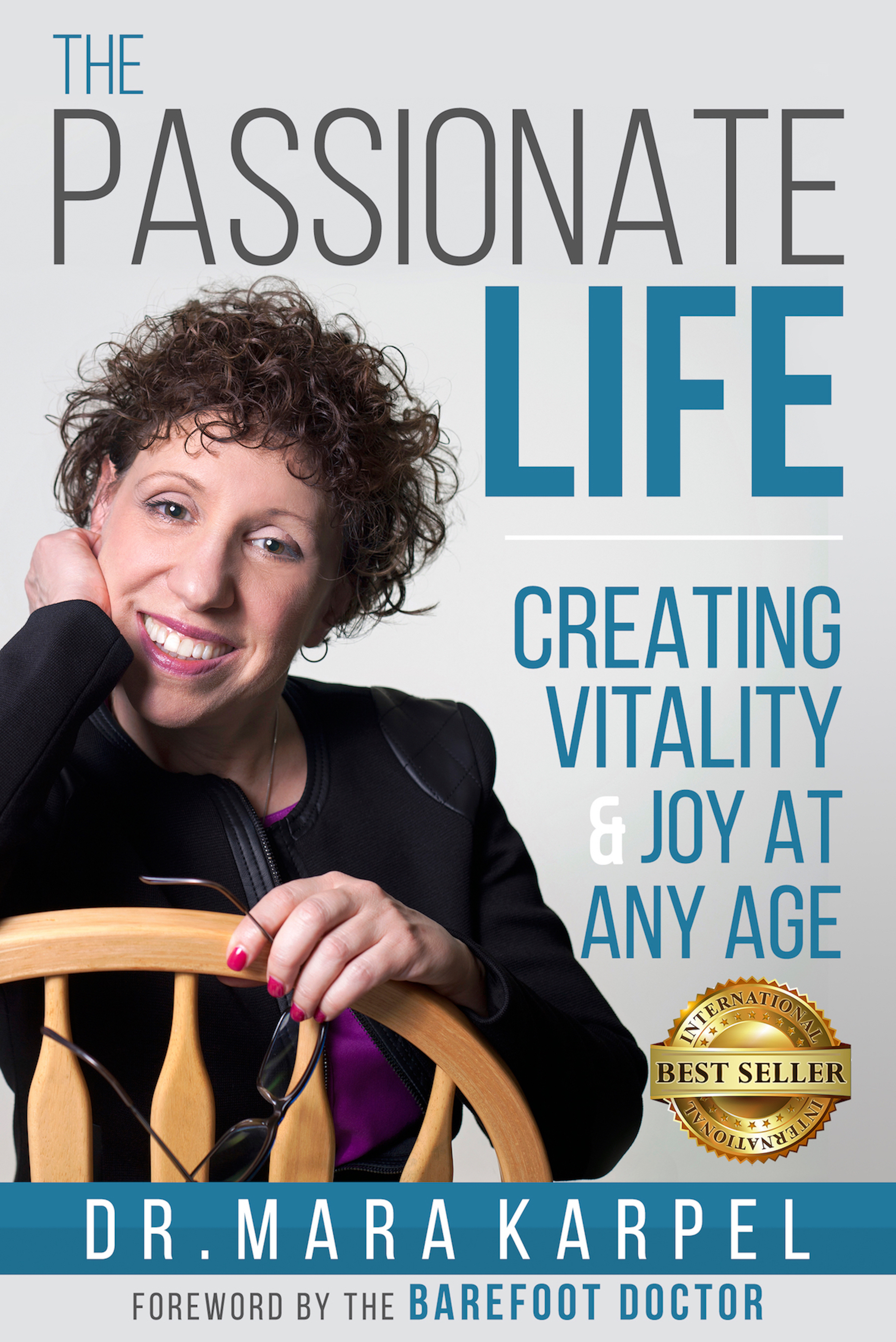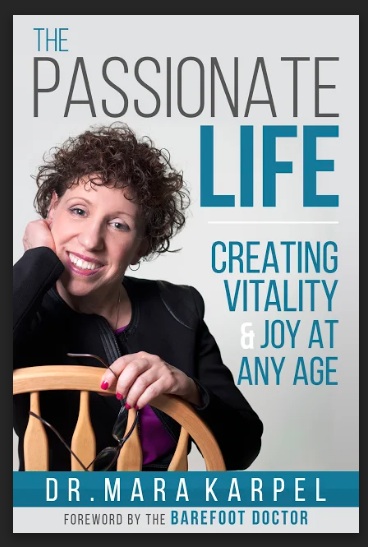“My heart might be bruised, but it will recover and become capable of seeing the beauty of life once more. It’s happened before, it will happen again, I’m sure.” ~ Paulo Coelho
Coehlo’s words inspire hope in my heart during these troubled times. We’re all feeling stressed, and we all have fears about how life is going to be once this crisis passes. To prepare for brighter days, it’s important to take care of ourselves in the here and now. These twelve tips will help get us through this bump in the road and allow us to ride this emotional roller coaster we call life.
Image by Prettysleepy from Pixabay
1. Don’t Run from the Pain
We are certainly living in strange times. We don’t know what to think or how to feel. We might fear becoming ill, ourselves, or worry about our family and friends. Many of us fear the loss of income and wonder how we’ll pay our bills. In our social isolation, we might become lonely and feel lost.
But it’s important to notice how we’re feeling, rather than running from it. Running away from pain only gives it more power to grow, so that it becomes much larger and scarier, when it finally catches up with us (which it always does), and causes even more suffering. In her book, Radical Acceptance: Embracing Your Life With the Heart of a Buddha, therapist and meditation teacher, Tara Brach, describes the practice of Radical Acceptance as making “ourselves available to whatever life is offering us in each moment.”
“Sticking with uncertainty is how we relax in the midst of chaos, how we learn to be cool when the ground beneath us suddenly disappears,” wrote Pema Chodron in her book, Comfortable with Uncertainty: 108 Teachings on Cultivating Fearlessness and Compassion.
Make time to be still, to slow down your thinking, judging, and worrying. When we do this, we can actually heal our pain and have the compassion to help to ease the suffering of our friends and neighbors, giving our own life more meaning.
Wrote Eckhart Tolle, “Whenever you deeply accept this moment as it is — no matter what form it takes — you are still, you are at peace.” And, when accepting this moment, rather than numbing it, “You become aligned with the power and intelligence of Life itself. Only then can you become an agent for positive change in the world.”
Whatever it is that you’re feeling, know that there are many of us likely feeling the same way. Right now, we are all in this together. There’s a strange sense of comfort in that. We might be socially isolated, but we’re not alone with our experience.
2. Breathe
It’s important to practice some form of relaxation technique regularly in order to cope with the stress we’re all feeling, to prevent panic, and to stop us from spiraling into depression. Taking a step back to breathe and to be present in this moment, gives us the clarity of thought to make good decisions and the energy to move forward with creativity and rational problem-solving. When we practice stillness, we reduce the stress hormones cortisol, norepinephrine, and adrenaline.
Mindfulness meditation is a powerful way to achieve this. And we may discover that it brings new inspired and creative ideas about what we might want to do with this sudden extra time, rather than the constant busy-ness that we were used to. And mindfulness helps us to see through the illusions that we might have accepted when we were too busy to question, giving us a better idea of what is really important to us and what we can let go of.
Mindfulness can be as simple as sitting quietly and focusing attention on our breathing or on a word, just noticing thoughts that pop into our mind and letting them drift by. There have been several recent studies that have found that meditating regularly (even just five minutes per day) has numerous health benefits and improves mood. It’s through our silent mind that we discover our strength and regain peacefulness in the midst of storms.
Right now, meditation teachers are making their virtual real-time mediation classes and on-line videos available for all of us take advantage of us for free. Try a few and then pick one or two to return to in the future, regularly. I’ve had the opportunity to meditate with Tara Brach, Lawrence Edwards, and Eckhardt Tolle all from the comfort of my own home.
You can download my free-guided meditation for Inner Peace, Joy, and Vitality by following this link: https://drmarakarpel.com/free-gifts/
3. Get moving
Our bodies were born to move and exercise can help to decrease stress and improve our emotional well-being. In addition, exercise helps to boost our immune system, which is especially important right now.
Here are some ways to get your move on:
- Take a walk outside. Social distancing does not mean having to stay indoors. Getting out into the sunshine for a walk can be the antidote we need from that loop of circular catastrophizing thoughts.
- Turn up some tunes and dance around your house!
- Yoga teachers and fitness instructors are offering lots of free videos. You can try a different one every day or pick one or two for your own home exercise routine. Try some new routines to challenge yourself and keep your mind focused on the present to keep up. Of course, be mindful of your fitness level when choosing a routine.
4. Socialize — Virtually
Even though social distancing is in place, we can reach out to others with phone calls, FaceTime, and online video. Isolation can lead to a decline in mood, especially if we’re already feeling depressed or stressed out. Ironically, stress, anxiety, and depression all cause us to want to isolate ourselves. Forcing ourselves to “be” with other people — even if we don’t necessarily feel like it — can help to break this cycle.
Make a list of people who have been on your mind but you’ve been too busy to call. Touch base with at least one or two of these individuals each week.
Again, we are all in this together and having the on-line support of others going through this helps us to feel understood and loved.
5. Commune with Nature
Not long ago, I attended a lecture by the well-known author and speaker, Dr. Deepak Chopra, during which I learned from him that walking barefoot on the earth has an immediate effect of resetting our entire nervous system. He recommended this as a way of creating better physical health. This has been frequently echoed to me.
Rabbi Naomi Levy spoke of going for a walk alone in nature in order to “be still enough to hear what’s really going on inside of us,” to hear our soul’s whisper.
Getting out in nature can be one of the most powerful ways of shifting our mood, lifting it, when we’re feeling down, or calming it, when we’re anxious or stressed-out. Richard Louv, author of The Nature Principle: Reconnecting with Life in a Virtual Age, has been campaigning for our reconnection with nature, noting the physical, mental, and emotional, and spiritual benefits.
Even having a view of nature through a window has been found to have benefits, such as speeding up recovery from surgery, increasing work performance, and improving work satisfaction.
In fact, if you have difficulty quieting your mind and finding that place of stillness, as discussed in Tip #1, author and speaker, Eckhart Tolle, describes an easy way to start the process, through communing with nature, in his book, Stillness Speaks. “Look at a tree, a flower, a plant. Let your awareness rest upon it…how still they are, how deeply rooted in Being.” When you connect with nature in this way, it will help you to become still, Tolle explains, and it can then lead to a longer meditation practice.
Here are some more ways to commune with nature:
· Take a walk in a park or near a lake, river, or ocean.
· Walk barefoot in the grass.
· Sit under a tree. Hug a tree. Sit with your back up against a tree, feeling the calming energy emanating from it.
· Plant a garden or some indoor plants.
· Stroke and talk to a pet.
Over a century ago, one of our greatest American writers knew the importance of connecting with nature. “I believe that there is a subtle magnetism in Nature, which, if we unconsciously yield to it, will direct us aright,” wrote Henry David Thoreau.
6. Laugh Regularly and Make Time for Joy
Laughter not only reduces stress and improves mood, it also strengthens the immune system. In addition, humor stops the downward spiral of energy-zapping thought-habits that lead to increased anxiety and/or depression. Laughter immediately decreases muscle tension, enhances creativity, and increases optimism. The mere act of laughing creates positive emotions, such as joy and amusement, hope, confidence, and overall well-being. In the short-term, this stabilizes blood pressure, massages inner organs, stimulates circulation, helps improve digestion, increases supply of oxygen to the muscles, and decreases muscle tension. in the longer term, it boosts the power of our immunity by reducing damaging stress hormones.
You might wonder how we can laugh at a time as serious as this. But, in fact, it’s at times such as these that humor is needed more than ever for its unique power to brighten even the darkest situation.
7. Have an Attitude of Gratitude
Focusing attention on what we feel thankful for changes our perspective and even our reality. “What you focus on expands,” states Oprah Winfrey. Having gratitude for what we have and looking for the silver linings in the less-than-ideal situations bring us feelings of optimism, peace, and enthusiasm to keep us on this trek as a peaceful warrior.
When experiencing gratitude, Dr. Deepak Chopra, in his article, “3 Essential Practices for Gratitude,” wrote, “You embrace the wisdom of uncertainty and you sense yourself as a field of infinite possibilities. Gratitude is a fullness of heart that moves you from limitation and fear to expansion and love.”
Keeping a gratitude journal is an easy way to create this habit of having an attitude of gratitude. Write down three to five things, big or small, daily that you feel grateful for. See how you feel at the end of one week of keeping this journal.
8. Become a “Glass Half-full” Person
Remain optimistic about the future and use this time to discover what is really most important to you and what you were doing just because you thought you were supposed to. Spend some time being philosophical about this time of global stillness. The earth is thanking us for halting our activity, with skies and waters already becoming clearer.
If you’re not able to work because of sheltering in place, use this time to investigate what your passion might be and take time to plan your steps toward following your dreams, once you’re able to. Find ways to share your gifts with the world virtually. Many artists and musicians, speakers and authors have taken to cyberspace to share their gifts and messages to help the rest of us. What gifts do you have? By sharing your unique gifts with the world, you’re serving humanity, inspiring others, and bringing joy and peace to the world, all of us hungry for the beauty that you might share.
Kathy Sparrow says embrace the 15-minute practice and do your follow-through. She’s offering a free 40-day writing practice to connect with with yourself and to develop a meaningful writing practice — just for you. Join her beginning March 27 at Words of Your Soul: Writing as a Spiritual Practice.
9. Find Meaning
Finding ways to be part of the solution is an extremely powerful antidote to depression when bombarded with bad news daily. Taking time to discover our passion, and then taking the steps to follow it, is one way of finding meaning in our lives. There are many ways to do this, even when we feel that we have hit rock bottom.
Dr. Victor Frankl, psychiatrist and Holocaust survivor, wrote about what he learned from his experiences in concentrations camps in his classic book, Man’s Search for Meaning. Dr. Frankl shared that prisoners of the camps who fared the best during these horrifying circumstances were the ones who were able to find meaning in their lives by taking care of one another. When he was freed, Frankl turned his insights into a type of psychotherapy called Logotherapy, used to help his patients to overcome depression by finding meaning and purpose in their lives, which consisted of focusing on helping others, in spite of whatever circumstances they were in.
Here are some suggestions for finding meaning in your life:
· Look for the deeper meaning in the situation that we’re all in.
· Do a good deed for a neighbor.
· Express yourself creatively, such as through dancing, drawing/ painting, playing an instrument or singing, or writing.
10. Challenge irrational beliefs
We humans tend to have the bad habit of talking ourselves out of things that are good for us with negative, self-sabotaging statements, such as “What’s the point?” or “Who would be interested in what I have to say, anyway?” We talk to ourselves in ways we would never speak to a friend, if we want to keep our friends. This type of negative and irrational self-talk is likely to keep us on the bench, if we listen to and believe this negative chatter.
Take some time to look at what thoughts and beliefs might be causing some of these negative emotions and to ask yourself if these beliefs are based in reality. The technique of mindfulness meditation, described above, has the added benefit of helping us to become more aware of our thoughts, noticing when we make those self-sabotaging statements, and giving us the ability to better discern those thoughts and beliefs worth keeping versus those that no longer serve us.
11. Eat Well
The food that we eat has a direct effect on the health, immune system, and energy level. In addition, food affects the health, sharpness, and vitality of our brains and has a direct influence on the hormones and neurotransmitters (brain chemicals) that affect our emotions.
Food can cause depression and anxiety, and it can also heal our body and our “soul,” helping us to feel happy, energized, and ready to take on the world. Most recently, a direct relationship has been found between the amount of fresh fruits and vegetables one eats and their mood and level of energy. People who eat more produce tend to feel calmer, happier, and more energetic.
12. Sleep
While the first eleven recommendations given here are crucial, getting enough restful sleep is the glue that holds it all together. Sleep is essential for having a good mood and for having the energy to use this time to be creative, as well as critical for concentration, memory, and disease prevention. We often feel that we can cheat sleep, but we can only get away with that for just so long. Without sleep, everything is likely to begin to crumble, including our health, our emotional wellness, our creativity, and, even, our cognitive abilities.
Now more than ever, we are getting to see that we really are all connected, after all. This beautiful, terrifying, fragile connection can destroy us and it can also save us. Our action, right at this very moment in time, toward people who are distant from us in space, including the choice to sacrifice by staying home, says more about who we really are than any grand achievement that we may have or have not accomplished in our life. We have been in training, everything else was a dress rehearsal, this is the moment that matters. It will take the effort and sacrifice of every one of us to get through this. If we have the compassion to take care of ourselves with the help of some of these tips, then we can embrace our global human family with the compassion needed….and we will get through this — together.
~ All My Love, Dr. Mara
Read similar blogs by Dr. Mara and listen to her internet radio show. Now available on Apple Podcasts.
Also, be sure to follow her on Facebook for updates on her show and new blogs.
Check out Dr. Mara’s internationally best-selling book, The Passionate Life: Creating Vitality & Joy at Any Age!



